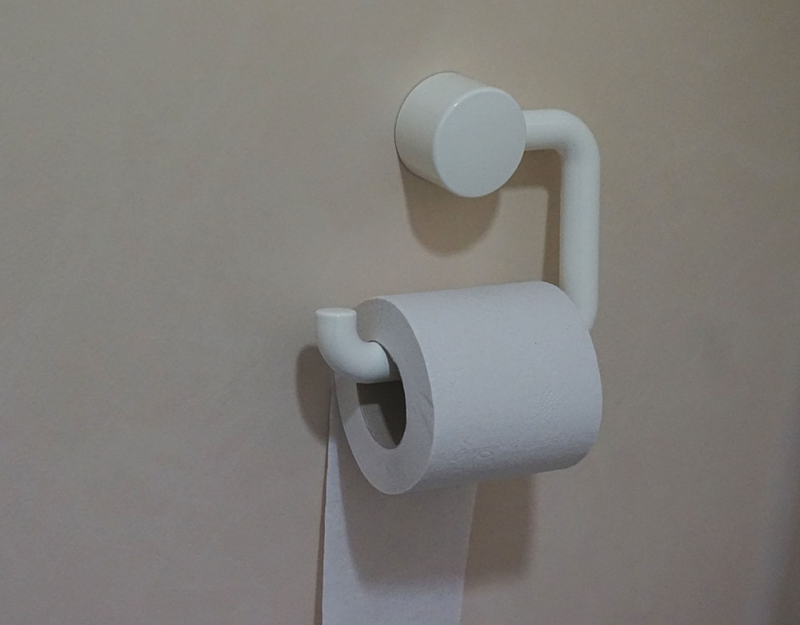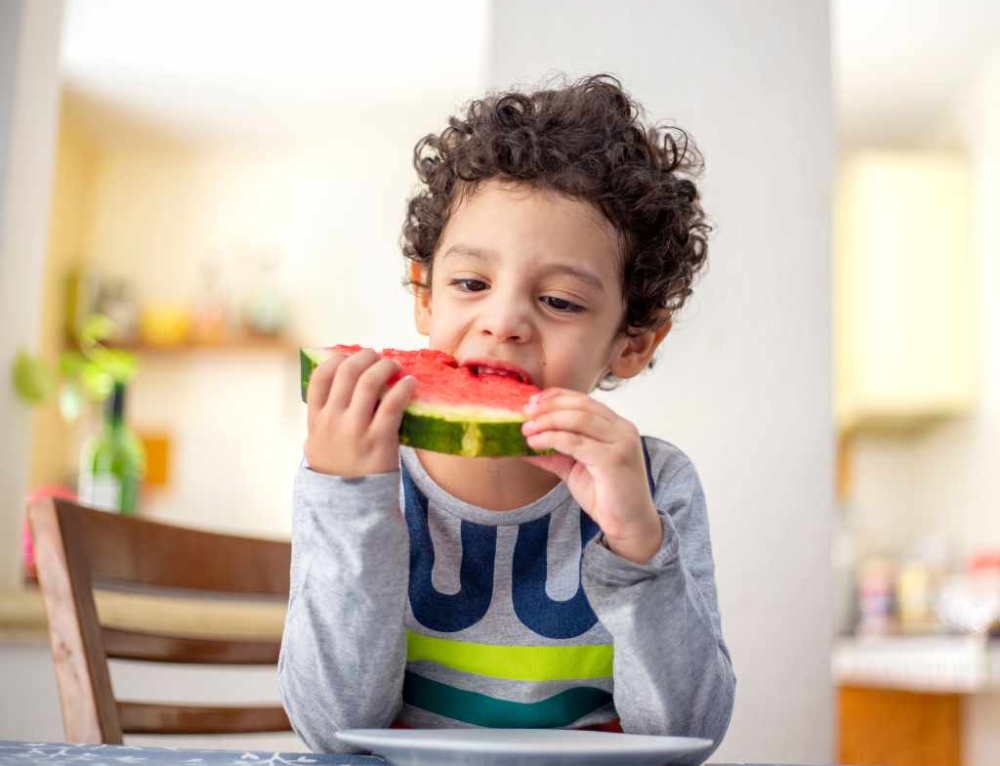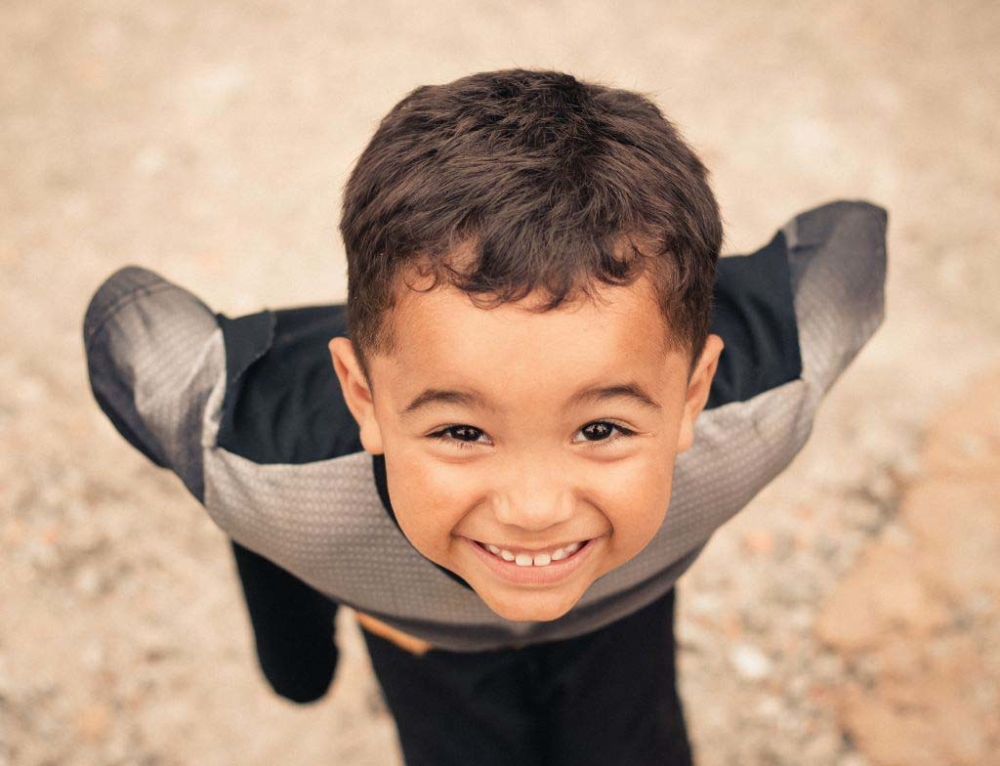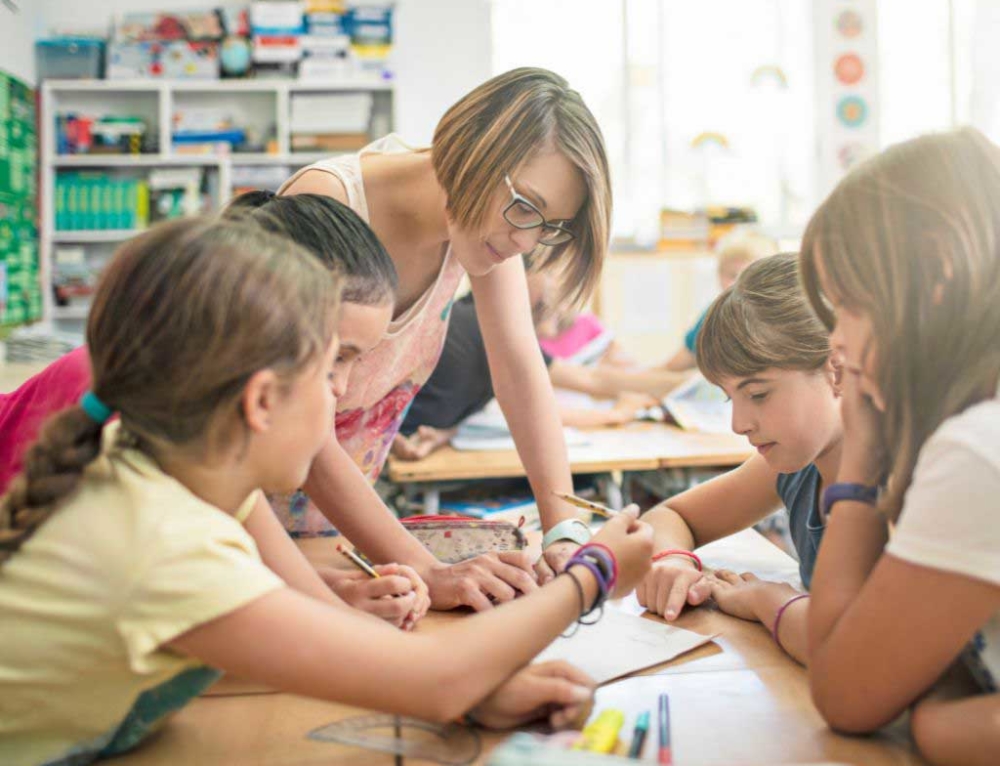Diarrhoea is one of the most common childhood ailments and describes frequent loose watery poo. Children, especially the very young, always seem to make contact with germs and/or foods that cause them to have runny bowel movements. In general, children are regarded to have diarrhoea when they go to the toilet and pass runny poo three or more times in 24 hours. Diarrhoea usually lasts for one or two days. Children, as well as adults, can get diarrhoea several times a year. Diarrhoea may be accompanied by bloating and/or cramps. A child with diarrhoea may also feel nauseous or vomit.
What causes diarrhoea?
Most diarrhoea is caused by minor infections and usually clears up by itself. The most common culprits are viruses, bacteria and parasites. Other causes of diarrhoea include certain foods, medications and injuries. Sometimes there appears to be no cause at all. Other less common, causes include:
- Radiation therapy
- Intestinal diseases
- Malabsorption disorders
- Hyperthyroidism
- Some cancers
- Digestive tract surgery
- Diabetes
Is diarrhoea serious?
Diarrhoea is usually not serious. However, a child with diarrhoea can easily become dehydrated, so if the condition lasts for more than two days get advice from your doctor. Also look out for diarrhoea that has blood in it, which can be a sign of a more serious condition.
Diarrhoea can be either acute or chronic. Acute diarrhoea lasts for only a few days and then goes away with little or no treatment. Chronic diarrhoea generally lasts for four or more weeks and may need medical treatment.
Can I prevent diarrhoea?
Since most diarrhoea is caused by germs, it’s important that you and your children wash hands often to avoid bacteria that may cause infection.
Some kids get diarrhoea from what they eat. Often a change in diet can cause the condition, but once a child becomes accustomed to a new food, the diarrhoea goes away. If a food continues to cause diarrhoea, your child might have to avoid it as this may indicate a food allergy or intolerance. Food additives like sorbitol can have a laxative effect, and also cause diarrhoea.
Certain medications can also cause diarrhoea, such as antibiotics. Your doctor should tell you whether or not a prescribed medication might cause diarrhoea so you can be prepared.
It is also important to maintain personal hygiene and practice basic food and water safety when travelling. Many kids get diarrhoea simply because the food and water is different from home.
How do I treat diarrhoea?
Most diarrhoea goes away on its own. In the past parents have been advised to use the B.R.A.T diet, (eating bananas, rice, applesauce and toast) which is believed to reduce the strain on the gut and give it time to recover as quickly as possible. However, returning to a complete balanced diet as soon as possible is recommended. Make sure your child drinks plenty of clear liquids, like water and non-creamy soup, and avoid feeding her fresh fruits and fatty foods such as dairy products as these can often make the diarrhoea worse. Age appropriate anti-diarrhoeal medications are also usually safe to use, but you might want to consult with your doctor first before using them.
If your child’s diarrhoea is caused by an infection, your doctor may prescribe antibiotics to help clear it up. Diarrhoea that is caused by a serious medical condition should only be diagnosed and treated by your child’s doctor.
Children with diarrhoea might feel pain, itching, or burning when they go to the bathroom. To help relieve the discomfort of diarrhoea, give your child frequent warm baths. Pat the rectal area dry with a clean, soft towel; don’t rub. You can also use a soothing cream, ointment, or white petroleum jelly to ease irritation.
If your child is experiencing stomach cramps due to diarrhoea, you may be able to help relieve this discomfort by gentling massaging the area or by applying a warm wheat bag to the tender area.
Should I call the doctor?
Your doctor can answer all your questions about diarrhoea. Contact your doctor right away if your infant has diarrhoea or if your child’s diarrhoea is accompanied by a high fever. Your doctor should be contacted right away if your child seems to be getting sicker; shows signs of dehydration; has black, tarry poo that signal the presence of blood; or if she won’t eat or drink.
What you need to know about diarrhoea
- Diarrhoea can cause dehydration.
- Diarrhoea is loose, watery stools that may occur three or more times a day.
- Most diarrhoea is caused by viruses, bacteria or parasites.
- Most diarrhoea goes away in a day or two.
- Make sure that children with diarrhoea drink plenty of clear fluids.
- Diarrhoea that lasts more than a few days might be serious.
- Call the doctor right away if your child has bloody diarrhoea or if she has a high fever.







Leave A Comment
You must be logged in to post a comment.